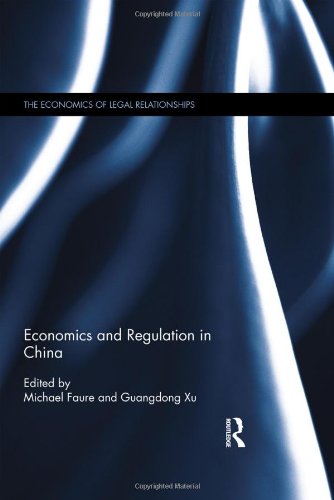

Most ebook files are in PDF format, so you can easily read them using various software such as Foxit Reader or directly on the Google Chrome browser.
Some ebook files are released by publishers in other formats such as .awz, .mobi, .epub, .fb2, etc. You may need to install specific software to read these formats on mobile/PC, such as Calibre.
Please read the tutorial at this link: https://ebookbell.com/faq
We offer FREE conversion to the popular formats you request; however, this may take some time. Therefore, right after payment, please email us, and we will try to provide the service as quickly as possible.
For some exceptional file formats or broken links (if any), please refrain from opening any disputes. Instead, email us first, and we will try to assist within a maximum of 6 hours.
EbookBell Team

5.0
20 reviewsThis book, from a top international group of scholars, explores the ways in which economic tools can be used to improve the quality of regulation in general and legislative tools in particular.
As the role of law becomes increasingly important in China, the question arises of how effective regulatory and legislative tools can be developed to accompany the Chinese evolution towards a welfare state. China therefore provides a unique case study for scholars and policymakers interested in examining how regulation can play a role in promoting sustainable development.
Economics and Regulation in China goes beyond traditional economic analysis of law by focusing specifically on the question of how economic tools can guide the quality of legislation. To this end, the book centres in on three areas: regulation as a tool of economic growth, competition policy and environmental policy. Not only are these three domains of great importance for China, but they are also relevant for a broad scholarship interested in the economic analysis of law.
This volume contributes to discussions on how ex-ante evaluation of legislative proposals and ex-post analysis can increase the effectiveness and efficiency of regulation, using economic tools, offering insights that go beyond the particular case of China. The analysis offered by this book makes it an invaluable resource for academics and policymakers alike.